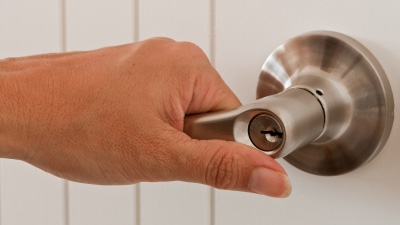
by Andrew J. Kaufmann, ND | Jan 1, 2025 | Blog, Homeopathy
Ear infections are a common yet treatable condition in both adults and children. If left untreated in young children, it could lead to impaired hearing and a delay in speech. These infections can occur in the eardrum and middle ear, or in the outer ear. Classical...

by Andrew J. Kaufmann, ND | Dec 1, 2024 | Articles, Depression, Homeopathy
Feeling a bit down from time to time is a normal part of life, but when feeling down is replaced by feelings of emptiness and despair, it may be depression. More than just feeling “blue” depression can make it difficult to function and enjoy life. The things you used...

by Andrew J. Kaufmann, ND | Nov 1, 2024 | Blog, Homeopathy, Nutrition
Homeopathy, like any other science, is dependent upon precision and accuracy. As such, it is crucial that all hygienic factors be taken into account during homeopathic treatment, including one often overlooked variable: the patient’s diet. Much in the same way as...

by Andrew J. Kaufmann, ND | Jul 1, 2024 | Blog, Homeopathy
In past posts this month, we have covered “Miasms: The Foundation of Homeopathy” as well as “Miasms and Disease – Part 1“. If you have not read those informative and foundational posts, please review them so that you can continue your study of miasms in more depth and...

by Andrew J. Kaufmann, ND | Jun 1, 2024 | Anxiety Disorders, Blog, Homeopathy, OCD
What is OCD (Obsessive-Compulsive Disorder)? OCD is an anxiety based disorder where repeated actions or thoughts relieve tension. Everyone feels the need to go back and double check whether the door is locked or the coffee pot is off. But those with OCD have an...

by Andrew J. Kaufmann, ND | Apr 1, 2024 | Blog, Homeopathy, Nutrition
It has been observed that some individuals are less susceptible to disease than others and that persons with certain blood types seem to have higher amounts of specific types of diseases. The connection between genetic markers on red blood cells and susceptibility to...








